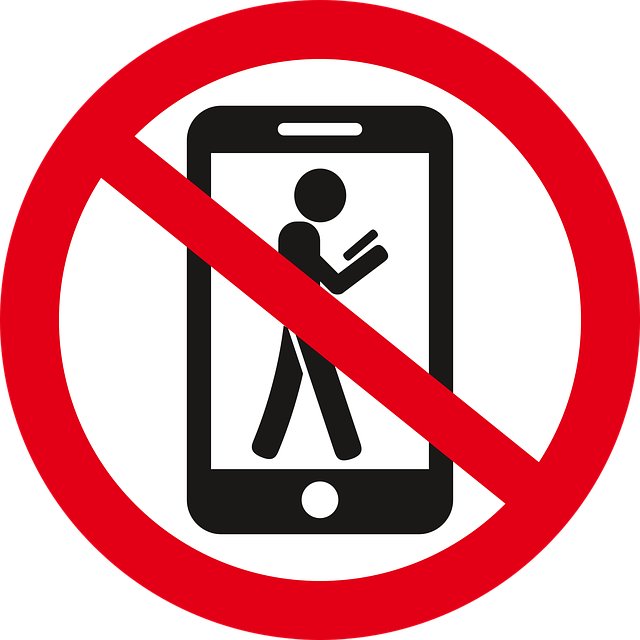Spam calls, or unsolicited telemarketing, are a common problem in New Jersey with legal consequences under the Telephone Consumer Protection Act (TCPA) and state laws. Recognizing these illegal calls and understanding your rights is crucial. A specialized lawyer can guide individuals against violators. Local events educate communities about spam call combat, empowering residents to manage their phone lines effectively through workshops, seminars, and online forums. Collaborative efforts minimize spam's impact, fostering a safer environment by registering on 'Do Not Call' lists and seeking legal advice from a lawyer for spam call in NJ.
In today’s digital age, New Jersey residents are increasingly plagued by spam calls, which can be frustrating and even illegal. This article explores how local events can serve as powerful educational tools to combat this issue. We delve into the legal implications of spam calls in NJ and highlight the significance of community engagement. Through practical strategies, learn how residents and local organizations can collaborate with a lawyer for spam call solutions, fostering a more informed and protected environment.
Understanding Spam Calls and Their Legal Implications in NJ

Spam calls, or unsolicited telephone marketing calls, are a common nuisance in today’s digital age. While many people simply dismiss them as unwanted interruptions, they can have significant legal implications, especially in New Jersey. NJ has stringent laws in place to protect consumers from these calls, and violators can face substantial fines. A lawyer for spam call in New Jersey can help individuals understand their rights and take appropriate action if they’ve been targeted by such calls.
These illegal calls often violate the Telephone Consumer Protection Act (TCPA), a federal law designed to curb abusive telemarketing practices. In NJ, the state’s laws further reinforce consumer protection, ensuring that residents are free from relentless or deceptive marketing attempts. Recognizing these calls and understanding your rights is a crucial step in combating spam, and consulting with a legal expert can provide clarity and guidance on how to proceed.
The Role of Local Events in Educating Communities

Local events serve as a powerful platform to educate communities about the impact and prevention of spam calls, especially in areas like New Jersey where residents often seek a lawyer for spam call issues. These gatherings provide an opportunity to reach a diverse audience directly, addressing concerns and offering practical solutions. By organizing workshops, seminars, or informational booths at community events, anti-spam advocates can break down complex regulations into understandable terms, empowering attendees to take control of their phone lines.
Such initiatives foster an environment where people can share experiences, ask questions, and gain insights from experts. This interactive approach ensures that the message resonates with participants, encouraging them to become ambassadors for spam call awareness. As a result, local events have the potential to create a collective understanding of consumer rights and the best practices to combat unwanted phone solicitations, leading to a quieter and more peaceful environment for all New Jersey residents.
Practical Strategies for Addressing Spam Call Issues Through Community Engagement

In the fight against spam calls, community engagement is a powerful weapon. One practical strategy for New Jersey residents is to participate in or organize local events that raise awareness about this issue. Workshops and seminars hosted by legal experts can educate folks on their rights and available remedies when dealing with relentless spam callers. These sessions can empower individuals to take proactive measures, such as registering on ‘Do Not Call’ lists and seeking legal advice from a seasoned lawyer for spam call in NJ.
Moreover, community-led initiatives like neighborhood watch programs or local online forums can serve as platforms to share information and collectively identify patterns of spam calls. By pooling resources and experiences, residents can better understand the tactics used by spam callers and devise effective strategies to minimize their impact. Engaging with peers on these matters fosters a sense of collective responsibility, ultimately leading to a safer and less disruptive environment for all New Jersey citizens.






